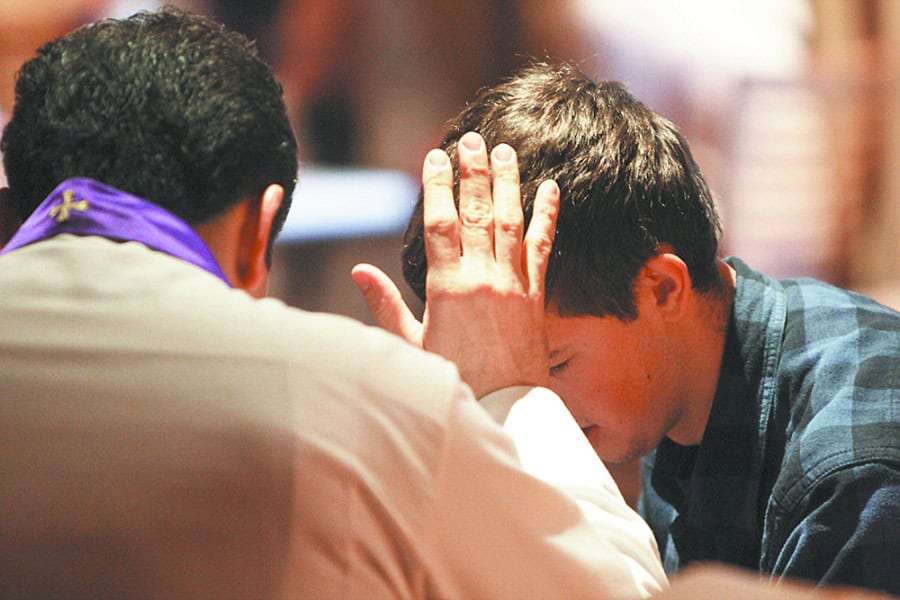It is healthy to get to know ourselves well. God has equipped us with a conscience for this purpose—the mirror in which we see ourselves as we truly are, with both our good and bad deeds. Our good deeds bring us joy, and we should be grateful to God for them.
But what about our bad deeds, or sins, as they are called in religious terms? These are words, actions, or desires that go against our conscience and oppose the will of God, who inspires the conscience. They estrange us from Him. However, sin is not only what directly offends God; whatever we do to others or ourselves also affects Him.

When we acknowledge our sins, repentance arises in our hearts. You may call it remorse, but remorse for the sake of the person who has been wronged—not out of wounded pride. The greater our love for God, the deeper our repentance; this holds true in all our relationships.
At this point, the desire for forgiveness emerges, and we can prepare ourselves for confession.
Spend at least a few minutes on it…
start by asking God for help.
Find out if you have committed any mortal sins…
you should say the type and number of times (as far as you remember).
Find out what minor sins you have committed…
but you really don’t have to mention every little mistake.
It’s about Jesus meeting you and forgiving you...
not about the priest whom we may or may not particularly like.
Don’t let your ‘nerves’ stop you...
no matter how ashamed you feel, no matter how bad the sin.
Repent of your sins before God…
and make a sincere resolution to sin no more.
If you are at a loss, don’t worry, ask the priest and he will help you.
If you are not used to confessing, you can use a examination of conscience. See below.
A good preparation is followed by a good confession.

Upgrace is a private initiative of a few Catholics for the benefit of the faithful who are looking for an opportunity to confess in a world on the move.
Would you like to have confession times added to the website? Click here.